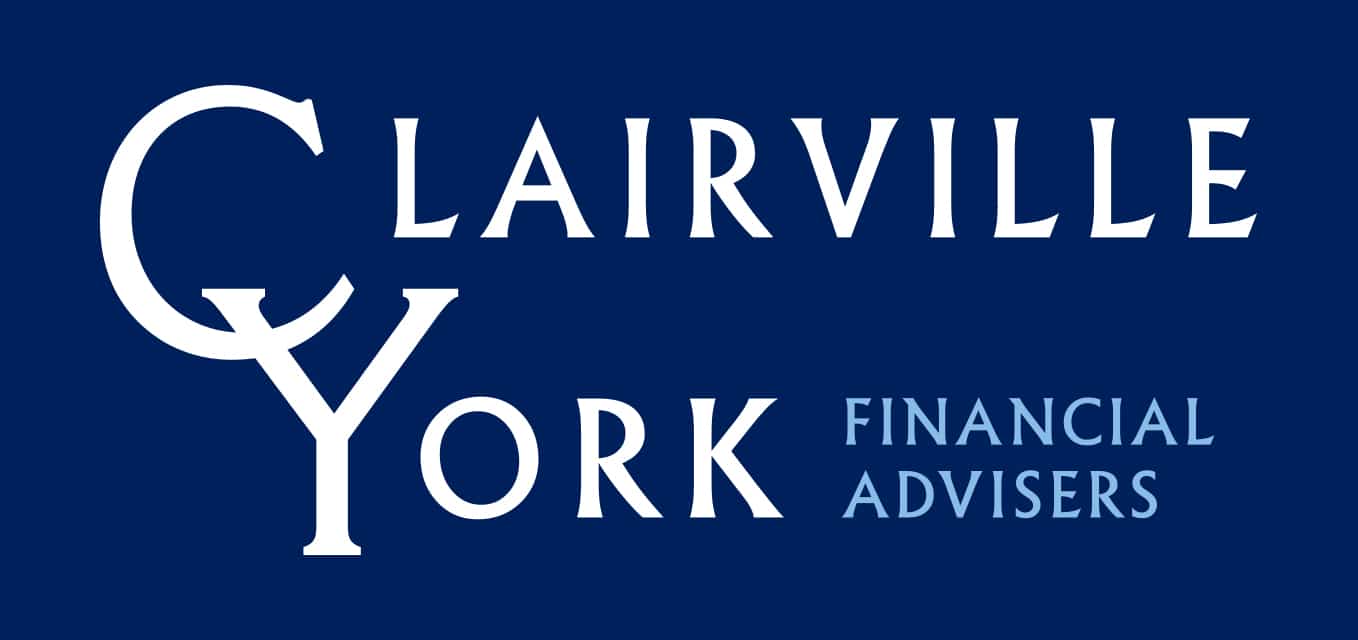It is estimated that financial crime costs the UK an eye watering £52bn according to the Economic Crime Directorate at the City London Police.
That may be the tip of the iceberg as, apparently, 88% of all cybercrime goes unreported. Many of these scams do look and sound perfectly legitimate so it does pay to be careful; it is estimated that something like 80% of cyber ‘scams’ could be prevented if potential victims knew a little bit more about how scamming works and took a little more care. There is a host of different scams, just looking at a few:
There are ‘Boiler-room’ schemes, which promise investors impressive returns but actually just generate a loss of the whole ‘investment’. Typically victims receive a ‘cold’ telephone call offering an investment scheme with huge returns. Invariably there is a requirement to act fast with money being transferred immediately. The investment will sound plausible but not only is there every possibility that it doesn’t really exist, as the Boiler-room will not be authorised by the Financial Conduct Authority (FCA), there will be no chance of compensation under the Financial Services Compensation Scheme.
Then there are the most common scams, phishing attempts. These revolve around contact – usually by phone or e-mail – with someone claiming to be from a bank or building society or insurance company. The scammer asks their victim to click on a link to verify log on, account and password details, the scammer reads the information and raids the connected account. Again, there is very little chance of recovering any monies taken in this way.
Low interest rates are tempting people to take extra risks, so they are vulnerable to such fake investments. Fraudsters can approach their victims by post, email or telephone. If you think that you may have been made a fraudulent offer contact Action Fraud on 0300 1232040. Or visit the FCA’s Scam Smart site to see if the investment you’ve been offered is on their warning list: http://scamsmart.fca.org.uk/warninglist/
The Scam Smart site also offers the opportunity to listen to a few demonstrations of these fraudulent phone calls.

